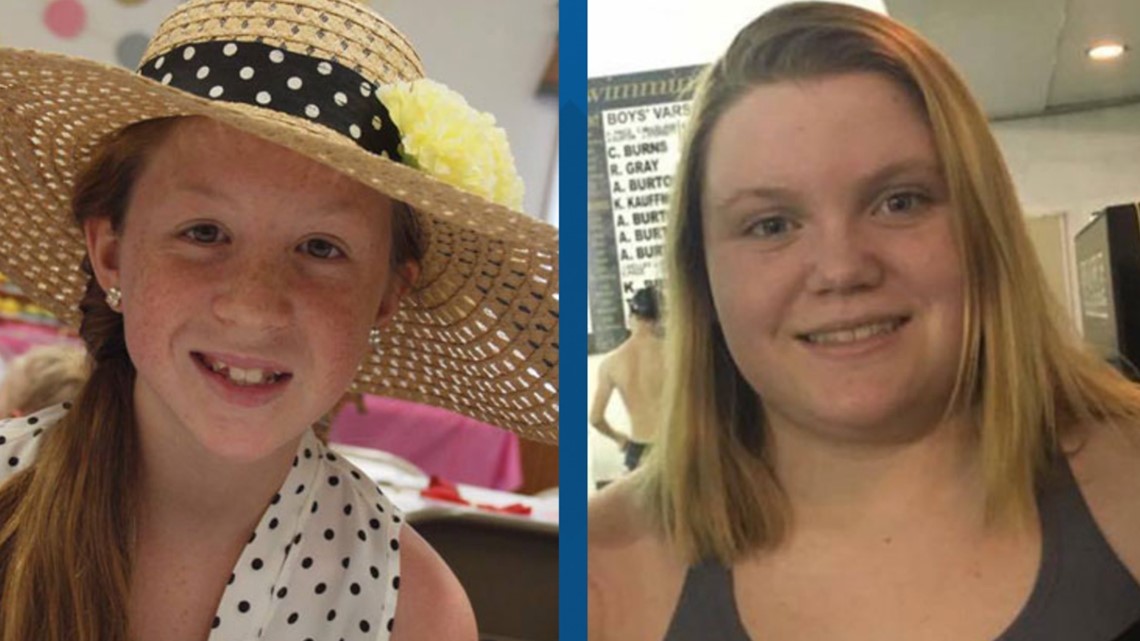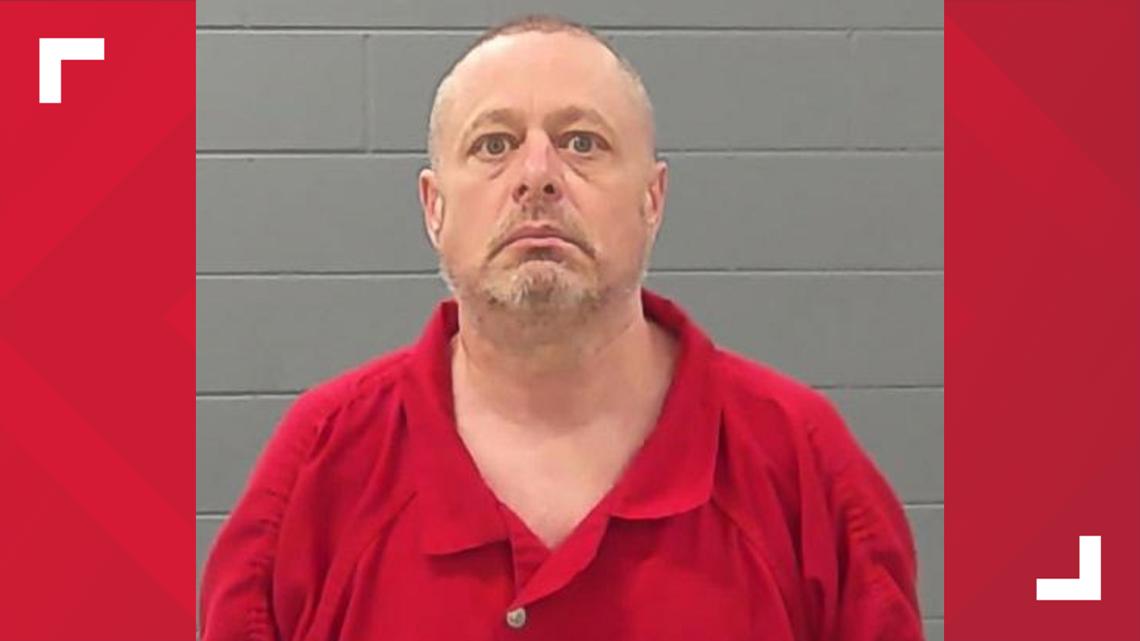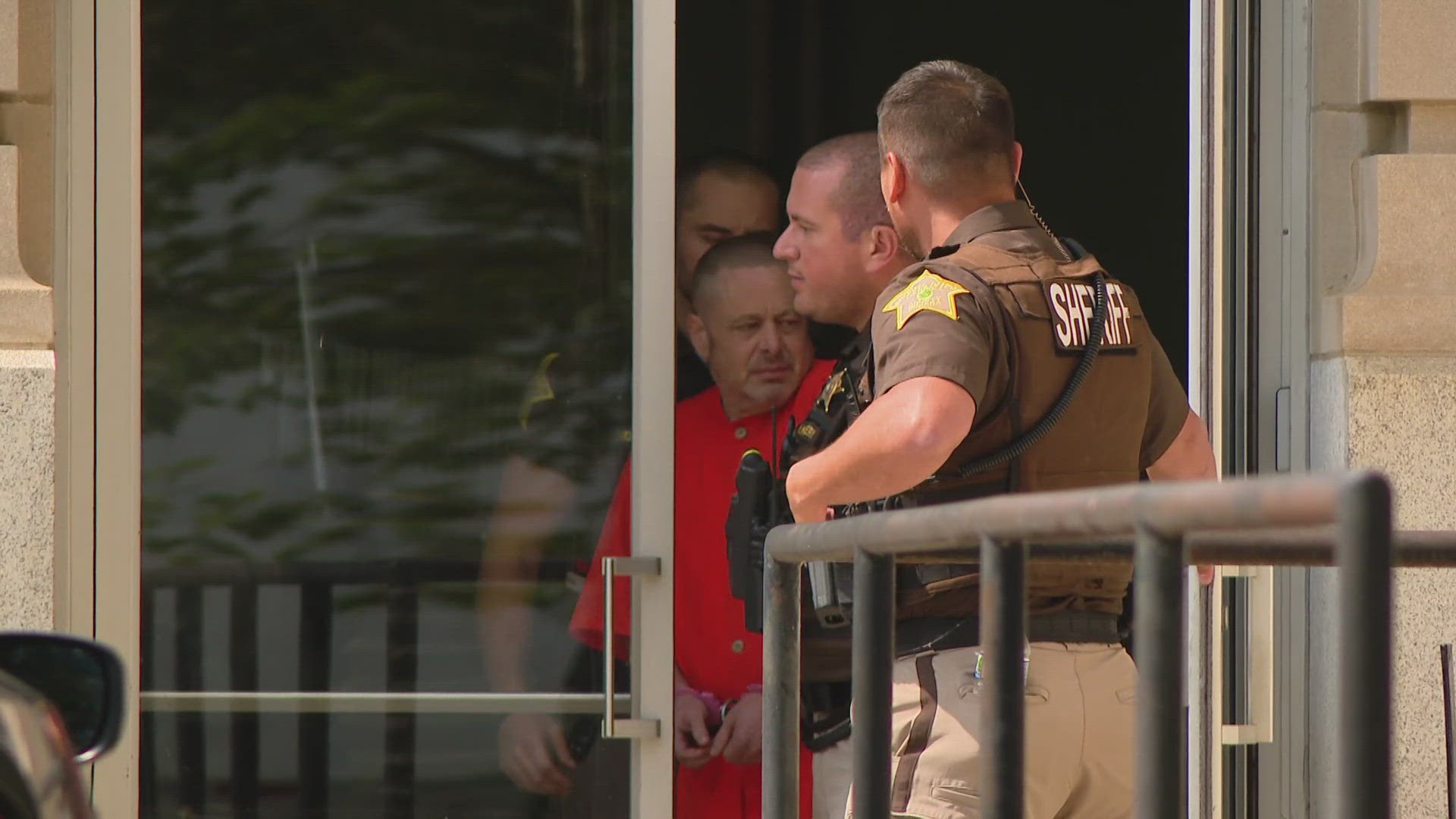DELPHI, Ind. — The jury in Richard Allen's murder trial will be allowed to hear his alleged confessions about the murders of Abby Williams and Libby German.
That announcement comes as special judge Frances Gull denied a motion by Allen's attorneys to suppress more than 60 confessions Allen allegedly made while he was incarcerated in state prisons.
Prosecutors say Allen confessed to the killings of Williams and German to multiple people, including his family members, prison guards, other inmates, a prison warden and a prison psychologist. According to court testimony, Allen reportedly made those confessions while he was being held at the Westville Correctional Facility.
His lawyers have argued that Allen did not make the confessions voluntarily. They said he was coerced by guards and was suffering from mental illness at the time of the confessions. The legal team urged the judge to suppress the incriminating statements to preserve Allen’s constitutional rights.
But the judge did not believe those arguments.
In her ruling, Gull wrote "…statements given to the defendant's family members were voluntary, not coerced by any State action, and were not made under threats of violence, or improper influence."


Referring to some of Allen’s other alleged confessions, Gull also said, "The Court finds statements given by the defendant to Dr. Wala, the Warden, inmates, guards, medical personnel, mental health professionals, and law enforcement personnel were not coerced, were voluntary, were not the result of interrogation by the State or its actors, nor the product of his confinement and, therefore, denied the defendant's Motion to Suppress Statements…"
13News legal expert Katie Jackson-Lindsay said the judge’s ruling is a significant win for Carroll County Prosecutor Nick McLeland.
“That's an advantage for the state. There's no question about it,” Jackson-Lindsay told 13News. “Any prosecutor would love to have a confession on a case, and so while it puts the defense in a position to defend something more, it gives the state an extreme advantage in showing, ‘We know we have the right guy because even the guy told you he's the right guy.’”


Jackson-Lindsay said she expects the defense to continue a legal strategy of portraying the confessions as coerced and unbelievable — at times even inconsistent with evidence found at the crime scene.
An Indiana State Police detective assigned to the case testified that Allen confessed 61 times to committing the murders.
In a hearing July 31, the former Westville warden said Allen confessed to him as he was walking past his cell, and an investigator at the prison testified that her staff logged two separate confessions from Allen.
Allen has been housed at maximum security state prisons since his arrest in October 2022, first at Westville and then at Wabash Valley Correctional Facility.
Key evidence won't be thrown out
On Aug. 13, Gull also denied a request from Allen's attorneys for a Franks Hearing to dismiss some of the evidence prosecutors used to arrest and charge Allen with multiple counts of murder.
That evidence was gathered when investigators served a search warrant at Allen’s Carroll County home in early October 2022.
In their effort to suppress that evidence, Allen's lawyers argued that the sheriff misled and lied to a Carroll County judge in order to obtain the search warrant.
They asked for a hearing to explain why they believe the evidence should not be allowed at trial.
Gull rejected that request for a hearing and ruled that she did not believe the sheriff acted inappropriately when getting the warrant.
One of the most critical pieces of evidence that investigators found during the search of Allen’s home is a firearm the defendant said he has owned for many years. The prosecutor says ballistics testing later performed on that gun link it to an unspent bullet found at the scene where the girls’ bodies were located.
RELATED: Richard Allen gets approval to transfer out of maximum security prison ahead of Delphi murders trial
Important question still lingers
One of the final questions still unanswered from a series of pre-trial hearings held this summer is whether the Delphi murders jury will be allowed to hear evidence that, according to Allen’s defense team, suggests someone other than Richard Allen committed the murders.
Allen’s attorneys claim the murders were part of a ritualistic pagan sacrifice committed by people who believe in the Norse religion of Odinism, and they want to introduce evidence at trial that implicates several other men in the ritualistic murders. They insist Allen was wrongly arrested and had nothing to do with the killings.
The prosecutor has asked the judge to suppress all evidence and expert testimony related to the defense team’s Odinism sacrifice theory. Gull must rule on that request by the end of the month, so her decision is expected within the next few days.
If she grants the motion, that will be another win for the state and another setback for Allen and his attorneys ahead of a highly anticipated trial that is scheduled to begin in mid-October.

